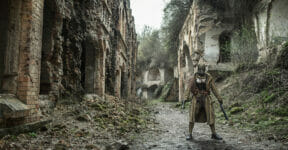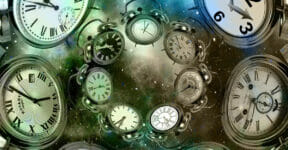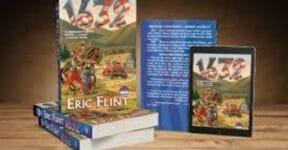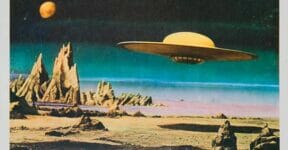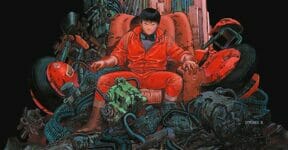In hindsight, things could have been better. There has never been a better time than the present to mull over the past. Alternate history can be either terrifyingly scary or almost impossibly great, but then again it never happened. It is not something you turn to for a history lesson, but it might serve as a reminder of how things could have been done better (or worse). Listed below are some of the best-selling books about alternate history; they are more than just fiction, but serious attempts to describe the contingencies of history.
Darwinia by Robert Charles

Imagining a different version of history as we know it, author Robert Charles pictures a world without Europe. Instead, the continent is replaced with another massive landmass known as Darwinia, where the path of evolution takes a completely different direction. It is a strange land inhabited by antediluvian creatures hiding in nightmarish jungles.
Everything in the book is strange and abstract; even the villains and heroes do not seem to know who they really are.
1632 by Eric Flint
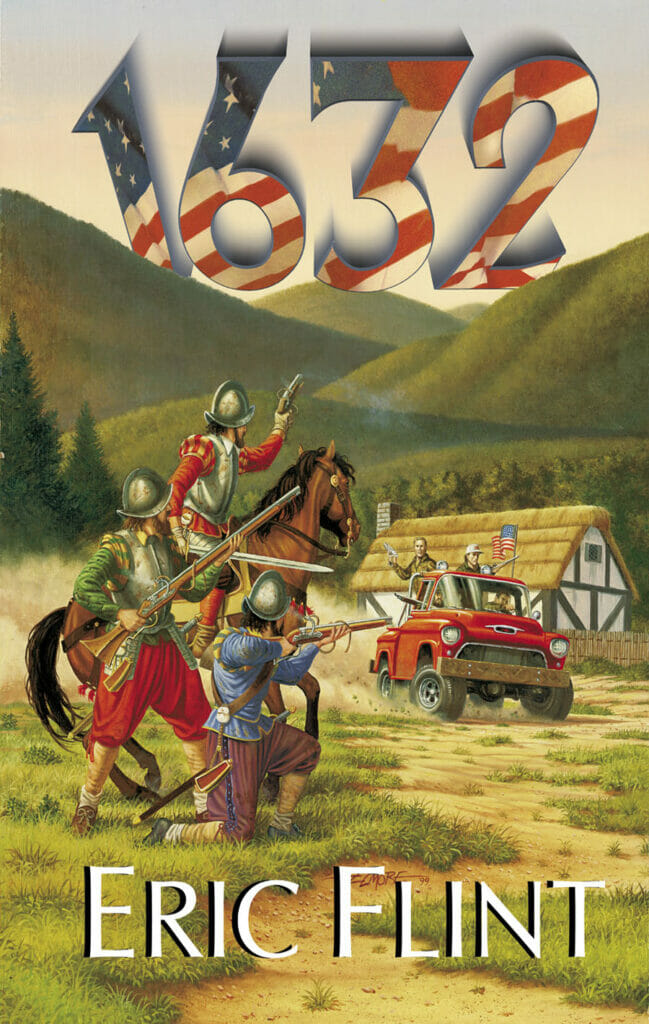
Grantville, a small town in West Virginia, is transported back from the year 2000 in the United States to 1631 in Germany. The time traveling event brings with it not only the townspeople, but the entirety of the geographical area including the power plant. Modern-day Americans have to deal with all the strikingly different cultures and technology. They must also witness the direct effects of the country’s barbaric Thirty Years War.
It offers an interesting mix of the past and the present in the same place at the same time; the contrast cannot be any stronger between space-age Americans and post-medieval Germany.
Celestial Matters by Richard Garfinkle

Aristotle was right about Earth being the center of the universe and that everything is made up of only four elements, including Earth, air, water, and fire. Taoist alchemy and Ptolemaic astronomy were also right. They are now the universal truths that govern just about everything else. Garfinkle’s book is about Aias of Tyre, a scientist on an interstellar exploration to retrieve a piece of the Sun and bring it back to Earth. His spaceship is made of moon-sourced material.
It is alternate history in space.
Wild Cards by George R.R. Martin
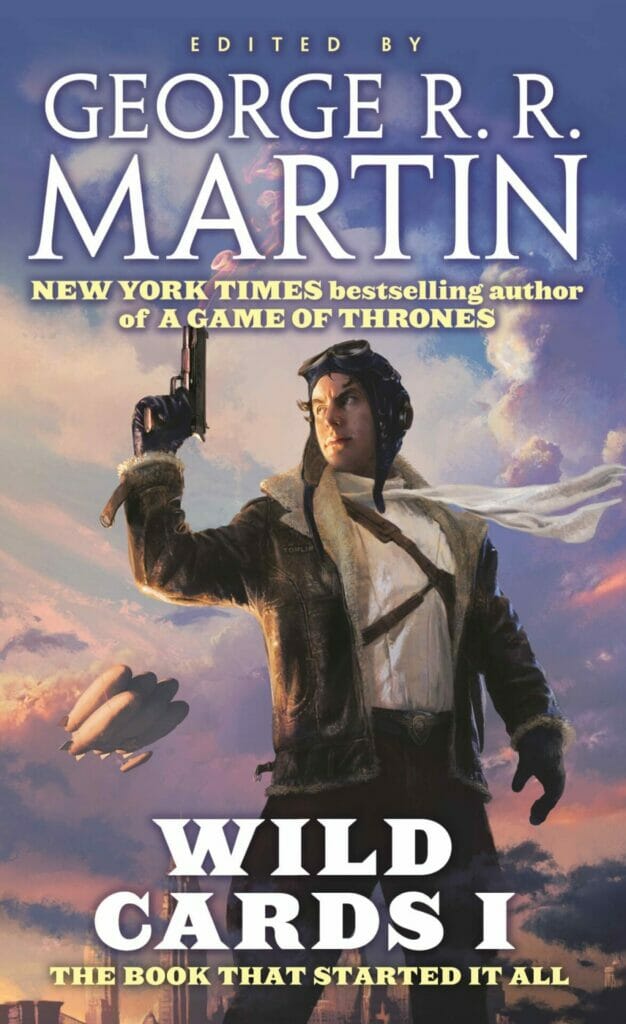
George R.R. Martin contributes and edits Wild Cards, a superhero anthology in an alternate history settings. Other contributing authors include John J. Miller, Walter Jon Williams, and Roger Zelazny to name a few. The series revolves around mutated humans after having been exposed to a virus outbreak in New York City following the conclusion of World War II. Most people died from the virus attack. The remaining few survivors are mutated into either superheroes known as Aces or creatures called Jokers.
Historical figures are portrayed in the novellas and short stories. Fidel Castro is a baseball player and Mick Jagger is a werewolf.
What If? by Robert Cowley
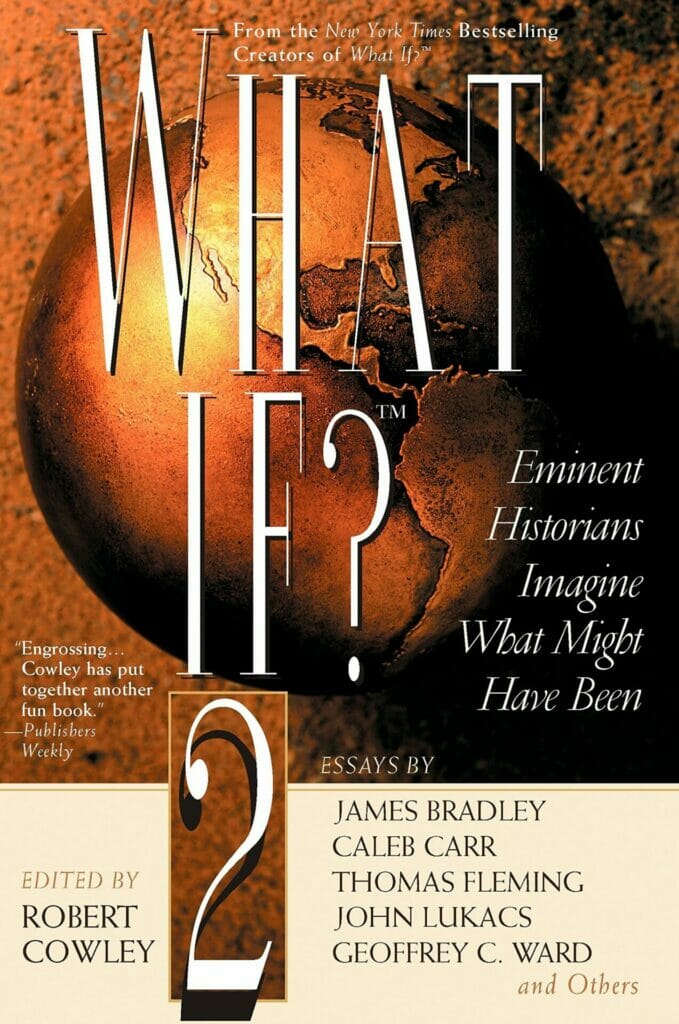
The essays and sidebars in the book originally appeared in the U.S. Quarterly Journal of Military History. Each deals with counterfactual history. Contributors include James McPherson, Stephen Ambrose, David McCullough, Thomas Fleming, and more. Every piece is a gem of storytelling wonder, especially considering the fragile circumstances surrounding many decisive historical events. A slight hypothetical change might have altered the course of real-world history.
Appropriately subtitled “The World’s Foremost Military Historians Imagine What Might Have Been,” it is an alternate history book for real history lovers.
The Man in the High Castle by Philip K. Dick
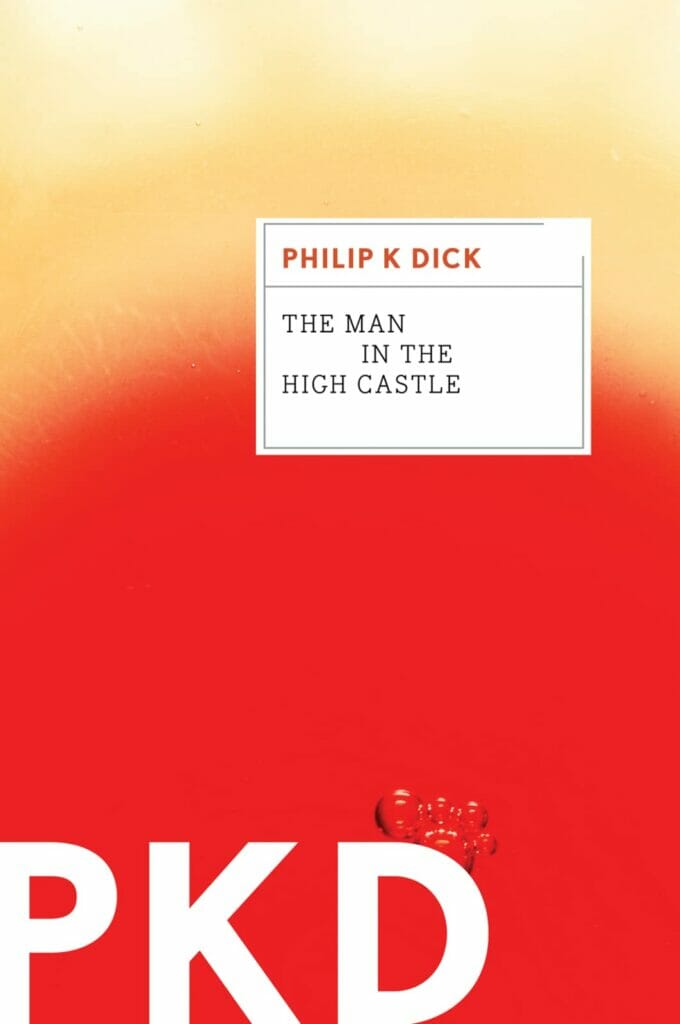
It is 1962, the post-World War II era in the United States. In the alternate history of The Man in the High Castle, the Allied powers lost the war and thus the alternate history maps are drawn. The Empire of Japan is the undisputed ruler of the entire Pacific coast, and Nazi Germany occupies the eastern half of the United States. Slavery is legal, and the few Jews who somehow survive the genocide live in obscurity.
The Man in the High Castle might take the usual alternate history premise in which the Axis powers ended up the victors of World War II. That said, the details in the book are testament of the author’s meticulous careful imagination of what could have been and how they affect the modern world.
Alternate Histories of the World by Matthew Buchholz
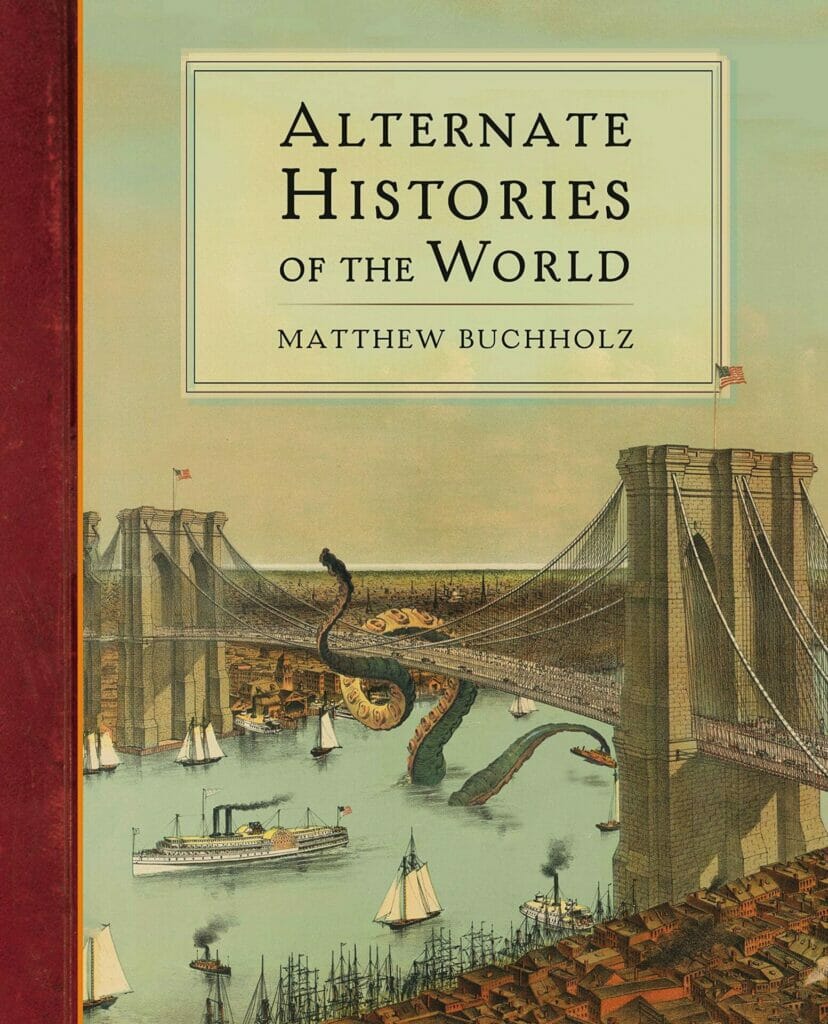
A straightforward title for a straightforward book, the Alternate Histories of the World tells exactly what it says on the tin. Matthew Buchholz, for this heavily illustrated work, takes a set of original historical photographs and arts then manipulates the visuals to include all sorts of strange creatures. He even provides easy-to-read texts behind every image to rewrite history.
It is nothing like run-off-the-mill alternate history novels. If you want monsters and zombies in a history book, Matthew Buchholz has just the right thing for you.
The Years of Rice and Salt by Kim Stanley Robinson
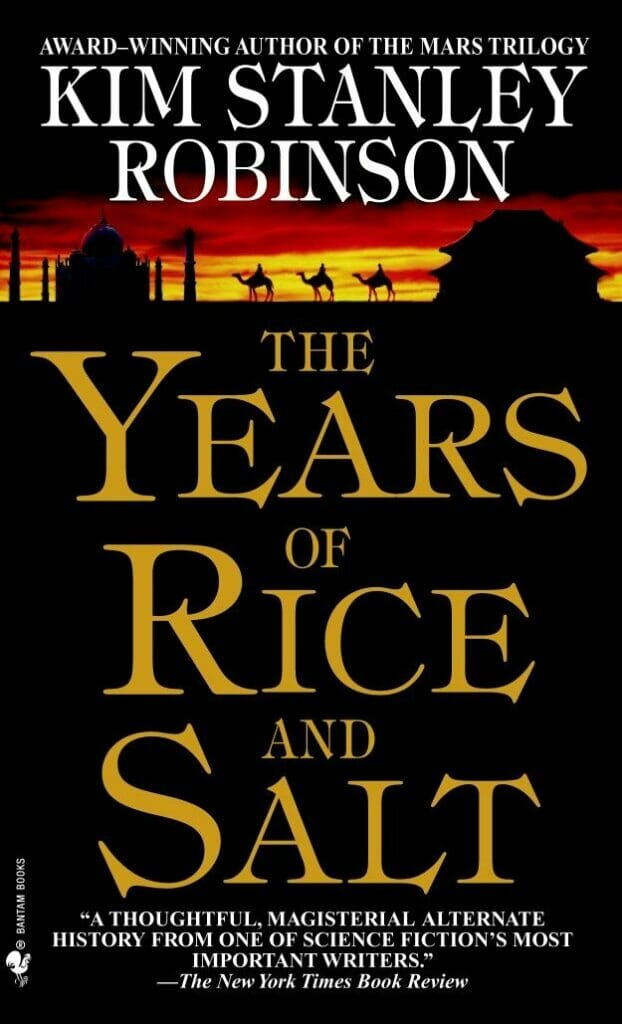
A third of the Europe’s population fell victim to the Black Death plague in the mid-1300s. The Years of Rice and Salt hypothetically increases the number of casualties to 99% of the population. The consequences are more far-reaching than any reader can imagine. A worse version of the Black Death turns out to be an alternate history hub that affects the United States, China, and Islam.
There are 10 books in the series; each is filled with overflowing scientific theory, philosophy, and theology.
His Majesty’s Dragon by Naomi Novik
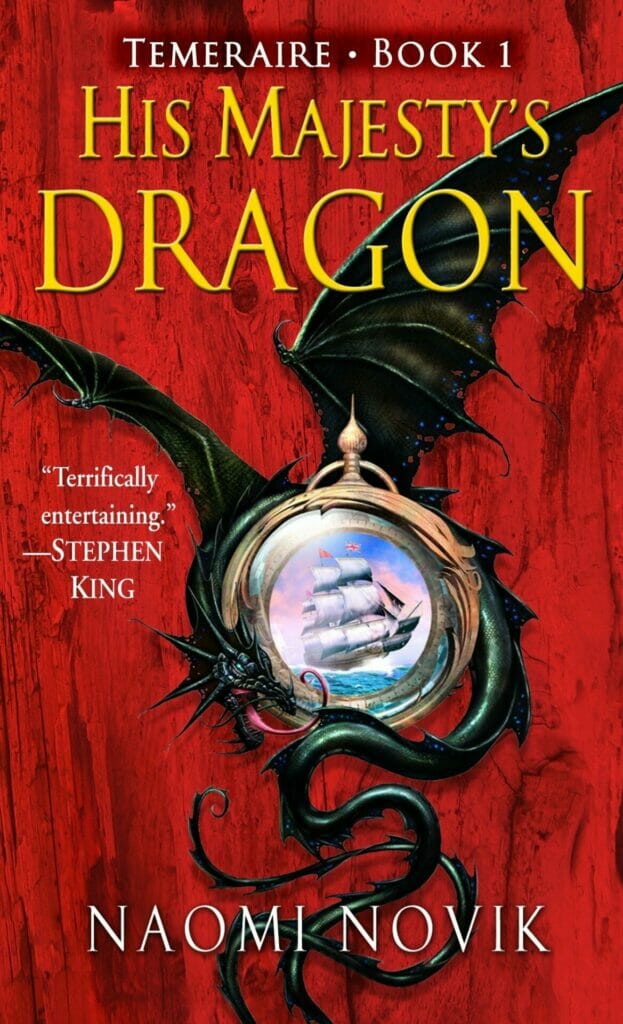
When someone mentions dragons in a war story, the first thing that comes to mind is the popular TV shows with the fire-breathing monsters. Author Naomi Novik refuses to fall into the pure fantasy realm, but instead uses the Napoleonic Wars as the backstory. Even without the mythological creatures, the historical global conflicts were already full of tales of adventure and heroism. Now with dragons, the alternate history kicks-in.
All the well-known battles from the Napoleonic Wars are in the book, with additional yet intensive inputs from the fantastical beast.
The Difference Engine by William Gibson and Bruce Sterling
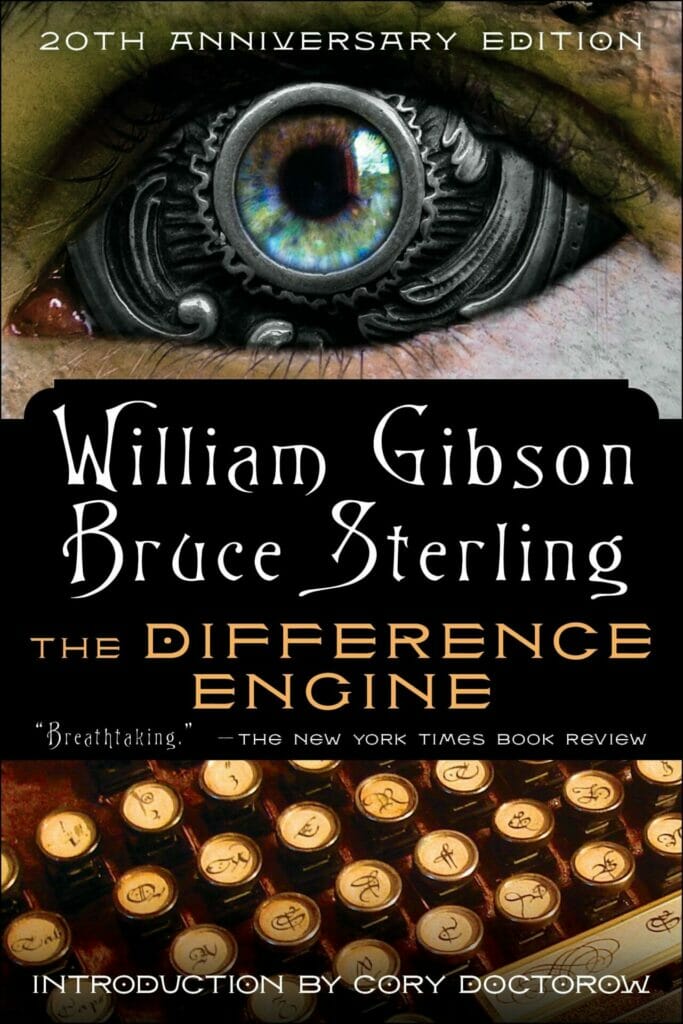
Charles Babbage accomplishes his dream of developing the Analytical Engine. In other words, the forerunner of modern computers arrives a century earlier than the reality-version. With the development completed, the Technological Revolution runs to its full potential in the same sweeping stroke as the Industrial one. Steam-powered analytical engines open a floodgate of innovations.
Behind the technical premise, The Difference Engine is pretty much a sci-fi thriller. It is the book credited with establishing the sub-genre known as steampunk.
The Iron Dream by Norman Spinrad
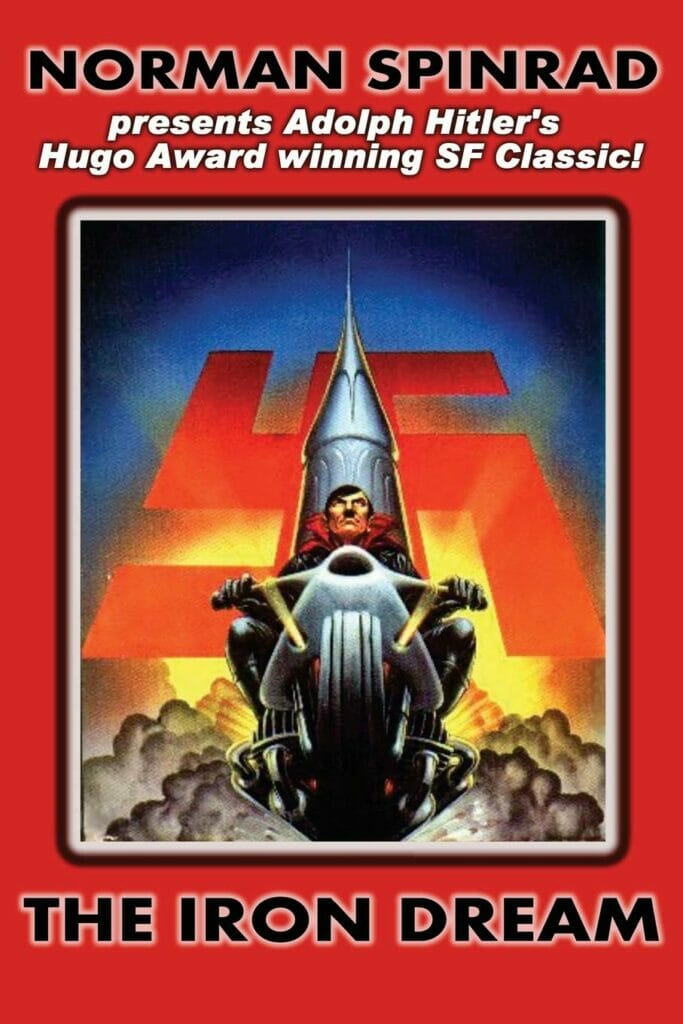
Adolf Hitler arrives to the United States following the Great War, and thus World War II never takes place. He is a sci-fi illustrator before becoming a sci-fi author. Hitler only gets the recognition he deserves after his death. It is a novel within a novel. What you actually read is a novel called The Lord of the Swastika, which depicts the real events leading to the rise of Adolf Hitler.
Stories about alternate histories can blow your mind, and they can certainly entertain. Do you have a favorite book about an alternate history? Let us know. We’d love to hear from you.
If you liked this, then check out What Are the Best Sci-Fi Book Series and Where Can You Buy Them?
Other things you might want to know about.
What are some young adult books about alternate history?
According to epicreads.com learning about real history might be dull and boring in the classroom, but these books about alternate histories for young adults might just blow your mind. Here’s a list of the best 27 books.
- The Invisible Life of Addie Larue by V. E. Schwab
- The Left-Handed Booksellers of London by Garth Nix
- Dread Nation by Justina Ireland
- My Fine Fellow by Jennieke Cohen
- Muse by Brittany Cavallaro
- And I Darken by Kirsten White
- My Lady Jane by Cynthia Hand, Brodi Ashton, Jodi Meadows
- The Glittering Court by Richelle Mead
- The Storyteller by Kathryn Williams
- The Girl from Everywhere by Heidi Heilig
- Prophecy by Ellen Oh
- Passenger by Alexandra Bracken
- Thirteen Doorways, Wolves Behind Them All by Laura Ruby
- The Ring and the Crown by Melissa de la Cruz
- Dark Rise by C. S. Pacat
- After the End by Amy Plum
- A Treason of Thorns by Laura E. Weymouth
- Front Lines by Michael Grant
- Crossing Ebenezer Creek by Tonya Bolden
- The Paper Girl of Paris by Jordyn Taylor
- Before We Disappear by Shaun David Hutchinson
- Lizard in a Zoot Suit by Marco Finnegan
- The Enigma Game by Elizabeth Wein
- They Went Left by Monica Hesse
- The Lady’s Guide to Petticoats and Piracy by Mackenzi Lee
- Burn by Patrick Ness
- Courting Darkness by Robin LaFevers
For more details for each of these books go to epicreads.com and read the article called ‘27 Alternate History YA Books That Prove It’s One of the Best Genres.’
What is meant by alternate history?
According to Merriam-Webster.com it is fiction that is based on history and explores what might happen if certain events in history or people in history had been different. For example, what might have happened if President Kennedy survived the assassination in Dallas, Texas?
Why are alternate history books so popular?
An article in The Washington Post suggests that what-if novels thrive in times of crisis. Gabriel Rosenfeld is a professor of history at Fairfield University and offers a prospective on this topic.
He states that if you turn on your tv in today’s world you will find many shows about alternate history. Examples are “The Man in the High Castle,” “SS-GB,” “The Plot Against America,” and “The Hunt.” It’s not just on TV that you will see alternate history. There are many novels that have explored the what-ifs, including “Underground Airlines” by Ben Winters and “Isra Isle” by Nava Semel.
Buy why so popular? All throughout history when there were periods of crisis and change, historians wrote about what would have happened if things had gone a different way. And this has continued into our modern times. Go to washingtonpost.com if you want to read the entire article about alternate history called “Why alternate histories have overtaken pop culture” by Gavriel Rosenfeld.


